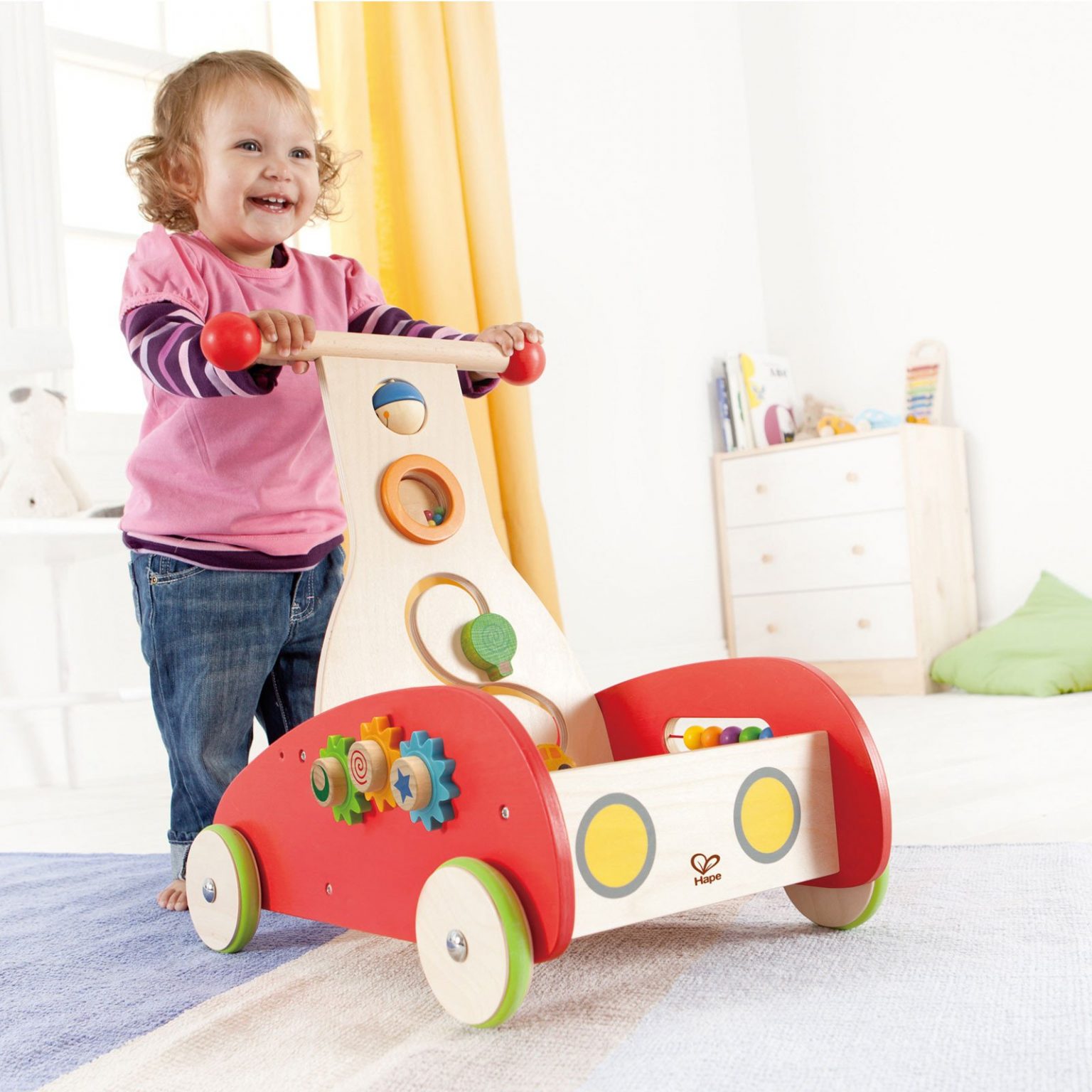
Table of Contents
Introduction
As a parent, you want your baby to grow and develop in the best way possible. That’s why you may be considering getting a baby walker to help your little one learn how to walk. But did you know that baby walkers can actually cause developmental problems? In this article, we’ll explore the dangers of baby walkers and what you can do to promote your baby’s healthy development.
What Are Baby Walkers?
A baby walker is a device that allows a baby to move around the house before they are able to walk on their own. They are typically made of plastic or metal with wheels on the bottom and a fabric seat in the middle. The baby sits in the seat and uses their feet to push themselves around.
The Dangers of Baby Walkers
Despite their popularity, baby walkers can actually be quite dangerous for your baby’s development. Here are some of the risks associated with using baby walkers:
1. Delayed Motor Skills: Baby walkers allow babies to move quickly and easily, but they do not promote the development of the muscles and motor skills needed for walking. Babies who use walkers may take longer to learn how to walk on their own.
2. Injuries: Baby walkers can be dangerous if not used properly. Babies can fall down stairs or tip over if the walker is not stable. They can also bump into furniture or other objects.
3. Cognitive Development: Babies who use walkers may spend less time exploring their environment and interacting with people and objects around them. This can have a negative impact on their cognitive development.
What Can You Do Instead?
Instead of using a baby walker, there are many other things you can do to promote your baby’s healthy development. Here are a few ideas:
1. Tummy Time: Give your baby plenty of time on their tummy to help strengthen their neck, back, and arm muscles. This will help them develop the motor skills they need for crawling and walking.
2. Floor Play: Allow your baby to explore their environment by placing them on the floor with toys and other objects to play with. This will help them develop their cognitive skills.
3. Baby Wearing: Consider using a baby carrier or wrap to keep your baby close and allow them to observe and interact with the world around them. This will help them feel secure and promote their cognitive and emotional development.
Conclusion
While baby walkers may seem like a convenient way to help your baby learn how to walk, they can actually cause more harm than good. Instead, focus on promoting your baby’s healthy development through tummy time, floor play, and baby wearing. By doing so, you’ll be giving your baby the best possible start in life.
Frequently Asked Questions
Q: Can baby walkers cause leg problems?
A: Yes, baby walkers can cause leg problems. Using a walker can put too much weight on a baby’s legs and feet, which can cause their feet to turn outward. This can lead to problems with the alignment of their legs and hips.
Q: At what age can babies start using a baby walker?
A: It is not recommended to use a baby walker at any age. The American Academy of Pediatrics advises against the use of baby walkers.
Q: Are there any benefits to using a baby walker?
A: No, there are no proven benefits to using a baby walker. In fact, they can actually be quite dangerous and hinder your baby’s healthy development.
Q: What should I do if I already have a baby walker?
A: If you already have a baby walker, it’s best to avoid using it. Instead, focus on promoting your baby’s healthy development through tummy time, floor play, and baby wearing.
Q: What are some alternative ways to help my baby learn how to walk?
A: Some alternative ways to help your baby learn how to walk include using a push toy, holding your baby’s hands and walking with them, and allowing your baby to crawl and explore their environment.
